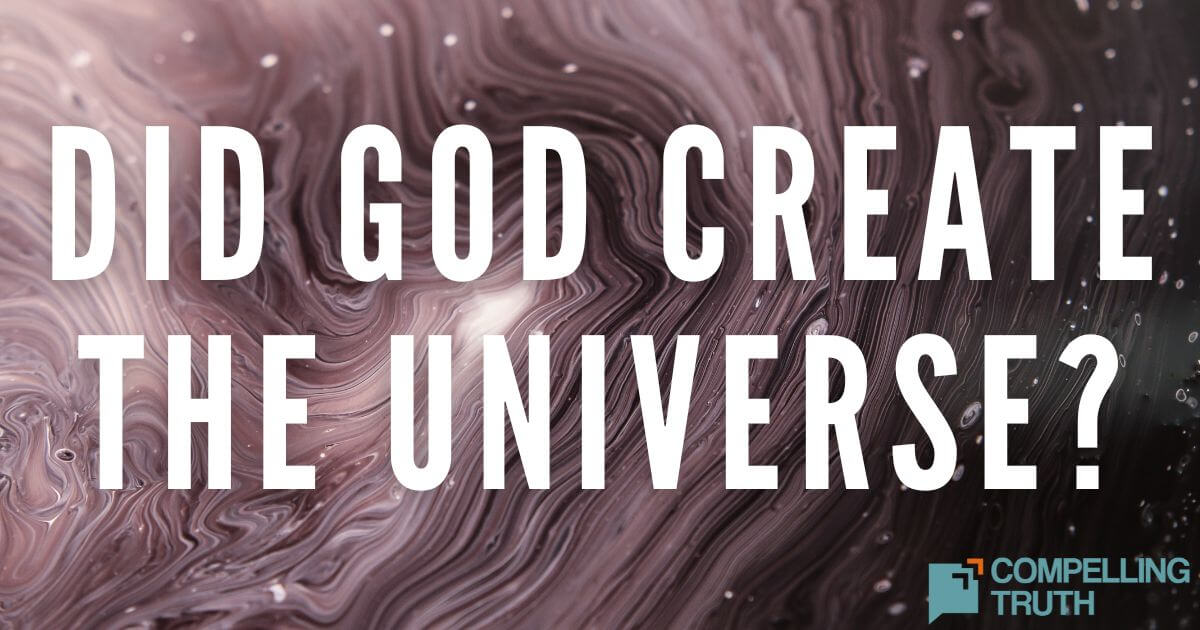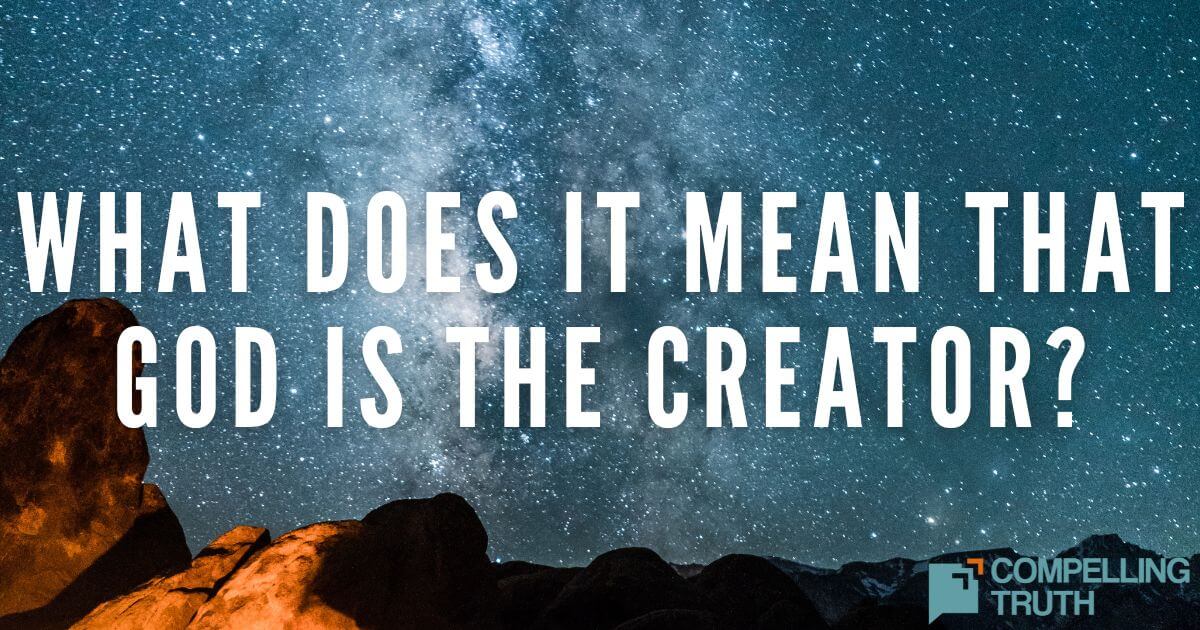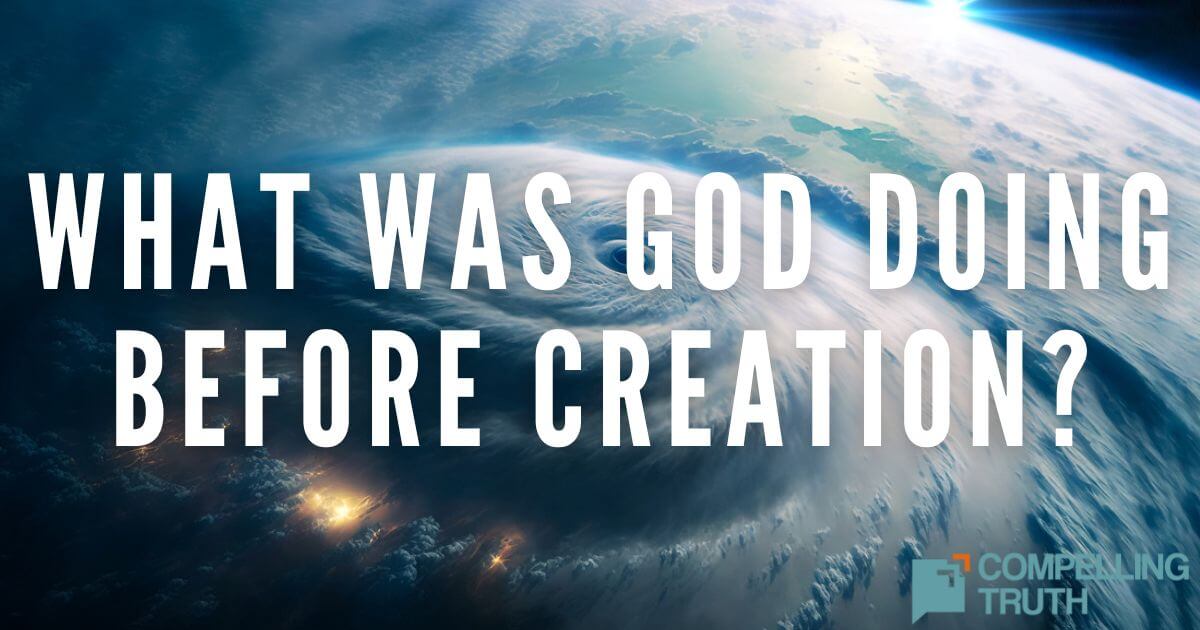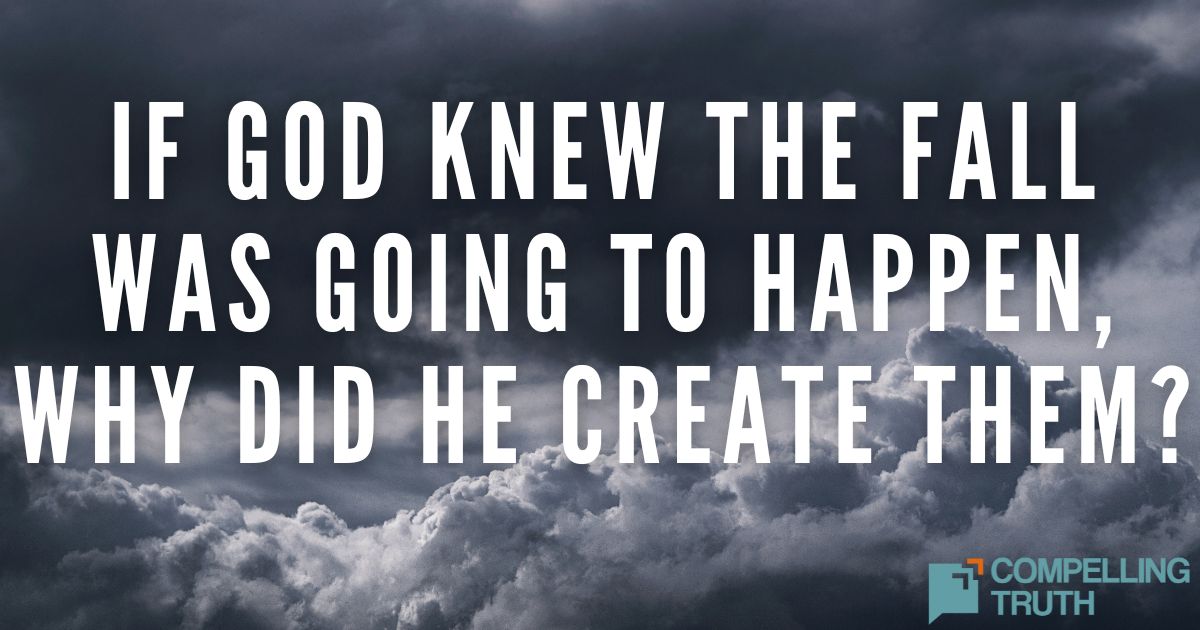what does the bible say?
As the Creator, God has authority over everything. In Exodus, Pharaoh did not recognize God's sovereignty over His creation, which is why he didn’t free Israel until he was forced to do so (Exodus 3:19). God’s ten plagues on Egypt demonstrated His divine authority over all of nature. Even after Pharaoh knew that the Lord was the authority over the earth, he still refused to let Israel go as God had commanded through Moses. Pharaoh believed in his own power, thinking he was sovereign because of his position. Through what happened with Pharaoh, Moses saw that the Lord is God in heaven above and on earth below, and that there is no other who has such authority (Deuteronomy 4:39). God Himself stated His authority over the heavens and the earth and all of their contents (Deuteronomy 10:14). Even pagan nations, when hearing of God’s works, recognized Him as God of both the heavens and the earth (Joshua 2:11). David reminds readers in Psalm 24:1 that the earth is the Lord and everything it contains—including all those who live in this world. God has authority not only over the things He created but also over us; we belong to Him. Rather than walking in foolishness and learning the lesson painfully like Pharaoh did, all should humble themselves under the mighty hand of the Creator, and He will lift us up (1 Peter 5:6).




